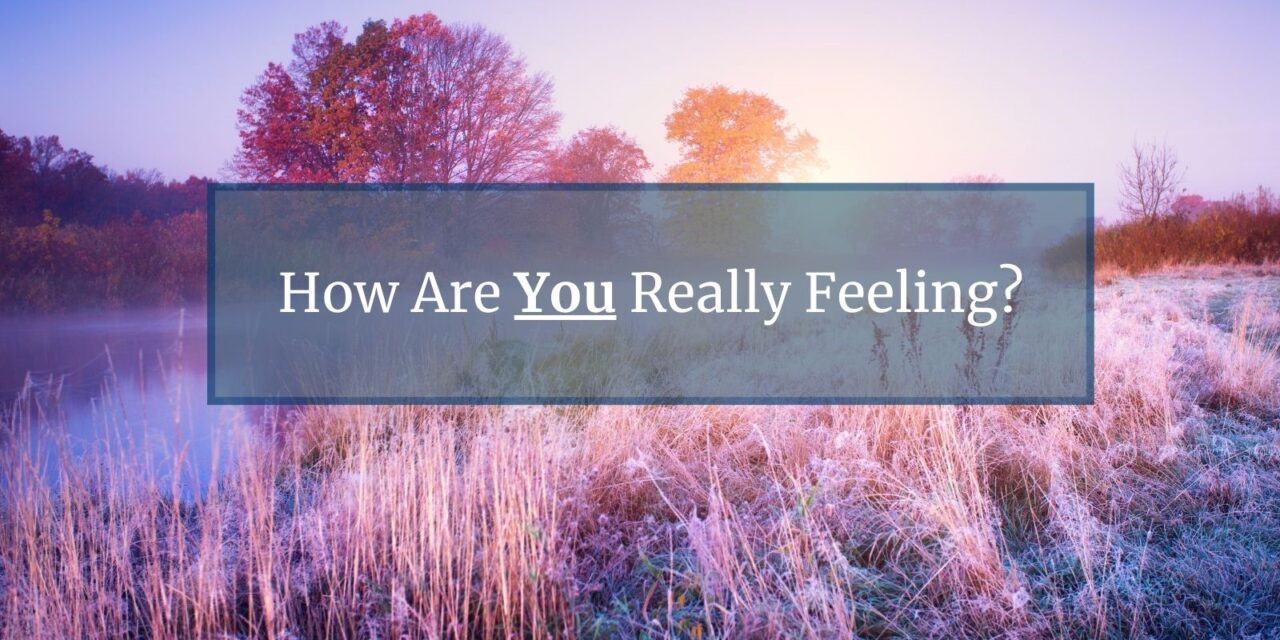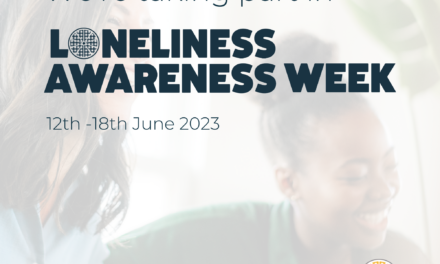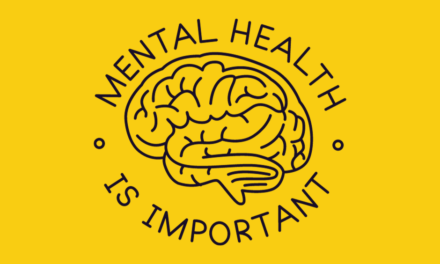Jolly songs, festive jumpers, presents and parties. During the Christmas and New Year period it can seem like everyone is having fun and buzzing with excitement.
However, this isn’t always a time of joy for people and the old saying ‘feeling most alone in a crowd’ can feel even truer during this time.
For some the festive period can bring financial worries, additional stresses such as travelling on busy roads, and even the pressure of trying to make seasonal celebrations ‘perfect’ – especially in this social-media era. For others they find their feelings of loneliness intensify.
In fact, there are many factors which can affect our mental health during the Christmas period and beyond.
How Are You Really Feeling?
We all have days when we feel sad, anxious or have low moods. It’s when these feeling continue, that our mental wellbeing can be affected.
If you’re struggling you’re not alone as around 73,500 people are thought to have a common mental-health disorder in East Sussex.
And at this time of year, it might be particularly hard for people to say if they are finding things difficult.
“Christmas and the New Year can be a difficult time for many, challenging us mentally and emotionally,’ says Oliver Dale, chief medical officer at Sussex Partnership NHS Foundation Trust. He adds: ‘It’s not always easy to see, as people often hide their struggles, or say they’re fine when they’re not. Checking in with someone – or reaching out yourself to others who might need your support – can make all the difference.’
 That’s why we should all take a moment to ask ourselves, a friend, a colleague or a family member: ‘How are you really feeling?’.
That’s why we should all take a moment to ask ourselves, a friend, a colleague or a family member: ‘How are you really feeling?’.
This simple question is at the heart of a new Sussex-wide campaign to promote mental wellbeing over the winter months. The campaign’s website has advice on mental wellbeing support and resources, including:
- finding support for your mental health
- looking after your mental wellbeing.
You can also find lots of guidance on caring for your mental wellbeing on the Every Mind Matters website.
The time of year also coincides with the start of winter when people can be affected by seasonal affective disorder (SAD) – a type of depression that comes and goes in a seasonal pattern.
Sharing experiences

Simon, Staying Well Peer Support Worker
Simon is a peer support worker at the Staying Well crisis support service in Brighton & Hove. He shared his experiences of mental health, and how asking for support led him to working to help others facing similar challenges.
Simon said: “I’d come out of a job that made me feel suicidal. I was out of work for a long time which put me in a more negative space. Because there’s a stigma to it, I didn’t want to talk about it. But suicide shouldn’t be stigmatised. Sharing experiences is very healthy.
“I’m a Peer Support Worker at Staying Well Brighton & Hove and I got this job through my lived experience – which was eye opening and breath-taking. It turned a negative to a positive. I help people in self-defined mental-health crisis. You feel very isolated and very lonely when you’re at your lowest and this service is an opportunity to not feel those things.
“What I’ve learnt is you can’t close down. Opening up took away the burden that I was carrying. It’s about being honest with yourself, rather than hiding it. Know that you’re not alone. There are other people out there who’ve lived it and are willing to share that with you.”
Urgent mental wellbeing support
If you’re feeling unable to cope, are worried you may hurt yourself or somebody else, or are experiencing suicidal feelings help is available.
For immediate help
- if your life, or someone else’s life, is in immediate danger please call 999 or go to A&E.
For same or next day help
- call NHS 111 and select the mental health option (also known as the Sussex Mental Healthline) or the Samaritans on 116 123 (both available 24/7)
- visit a Staying Well service – in Eastbourne and Hastings (out-of-hours mental health crisis support service for people aged 18+).
- text the word SUSSEX to 85258 – (24/7 mental health text-messaging support service)
- download the Stay Alive app – a suicide prevention resource full of useful information and tools to help you stay safe in crisis.
More mental wellbeing support
- for lots more ways to get mental wellbeing support, for example if you’re feeling stressed, anxious, low, or experiencing panic attacks, visit the how-are-you-really-feeling? website.
- you can also find details of a range of local support in the East Sussex Mental Health Directory.
Take care of mental wellbeing
At this time of year we can find we spend more time in doors. It can be helpful sometimes to get outdoors in the fresh air and taking a walk (even if its just around your neighbourhood), practise mindfulness or reading, or doing crafting can help with your mental health.
We’ve highlighted three articles that we hope might inspire you if you’re feeling low:




